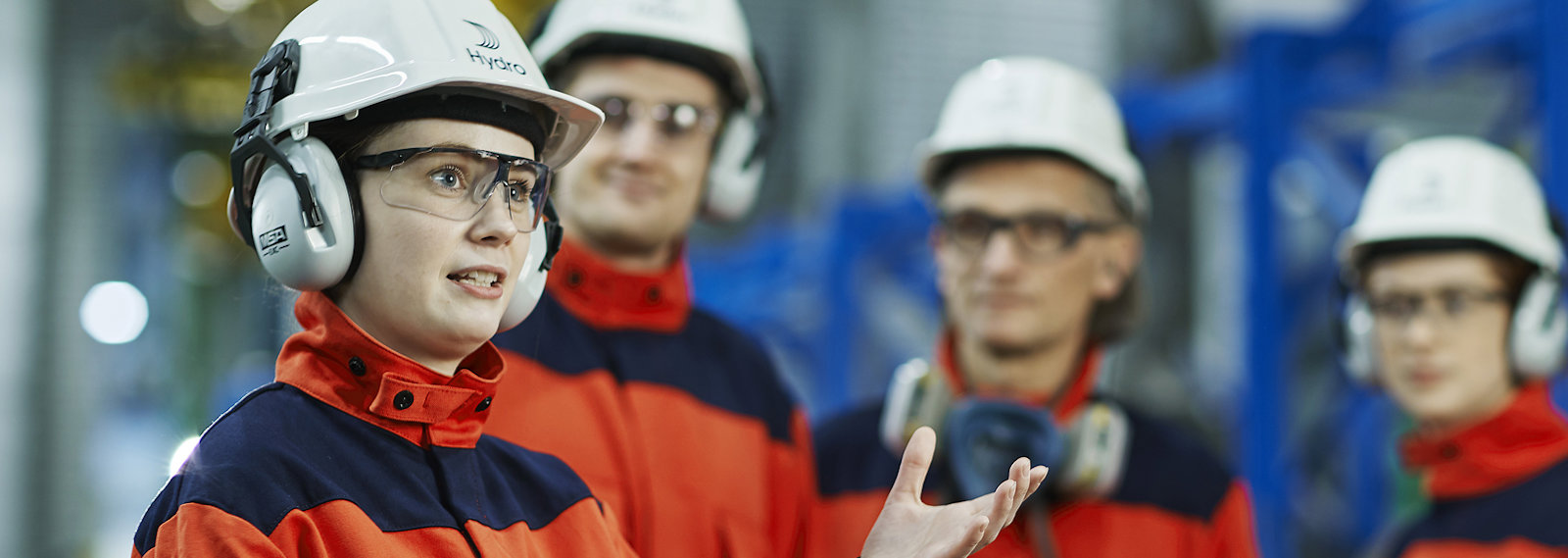'Collaboration must become the new normal'
The demand for sustainable solutions - like with aluminium - is insatiable. "In order to reach our goals, we must work across businesses and industries," says Jean-Marc Moulin, Hydro's Sustainability Director in Extruded Solutions.
“We are in the process of changing the standard for how we produce products and build buildings. Previously, the focus has been how ‘green’ devices and buildings are being used, reducing their energy consumption. Now the focus is on the building's full life cycle, from construction, usage, demolition and recycling of materials,” says Moulin.
For him, sustainability is not a theory, but a principle that is fully possible to live by.
The circular economy and greener solutions can now be implemented in all so many products, services, industries and industries. In small and large scale. In order to achieve this, we must work together across disciplines.
An opera in three acts
His desk is in Oslo, his home in Luxembourg, and throughout Europe is his workplace. Jean-Marc's job is to create cooperation with customers but also across Hydro. The goal is to generate greener solutions while continuing to reduce our own environmental impacts and aim for sustainable value chains.
“I look at work interacting with external stakeholders as an opera in three acts," he says.
On a weekly basis, he meets architects, contractors, designers and developers, across sectors and industries.
The first act of the opera is about the solutions Hydro can offer. Like using old scrap, hydropower and state-of-the-art operations to make recycled and low-carbon aluminium.
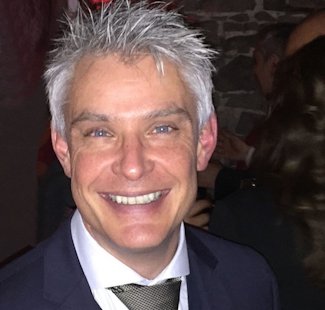 “Act two is about listening. I listen to different players from different industries, and take on the challenges they have. Which requirements they must comply with, what do they do to be able to build more sustainable buildings, and what products and systems do they want?”
“Act two is about listening. I listen to different players from different industries, and take on the challenges they have. Which requirements they must comply with, what do they do to be able to build more sustainable buildings, and what products and systems do they want?”
In the third and final act, advising, collaboration and solutions arise, which materialize in the form of a building – or perhaps a car or a chair.
“Together we can move society in a positive direction, and become part of the solution to the challenges we face. Many more industries and players are joining us,” he says.
Sustainability in multiple waves
Jean-Marc explains the development of sustainability as "waves." In the first wave, it was the early adoptors that drove the development forward. Such as Snøhetta, which for several years has shown that it is quite possible to build sustainable, beautiful and quality buildings.
The second wave, which we are now in, consists of a larger group: Now it's not just individual players, but entire industries, consumers themselves and – not least – politicians and the authorities. The result is greater demand for new materials and recycling of old ones, as well as a genuine desire to produce greener ones.
“This wave will change our society significantly,” says Jean-Marc.
But he is impatient.
“In my opinion, it's not happening fast enough. That's because I know that we, with other companies, can make a big difference. What's unique with our position is that we can also help to create demand for greener products. Here recycled aluminium is the perfect example: It can be recycled forever without losing its characteristics. It is a ‘forever’ material!”
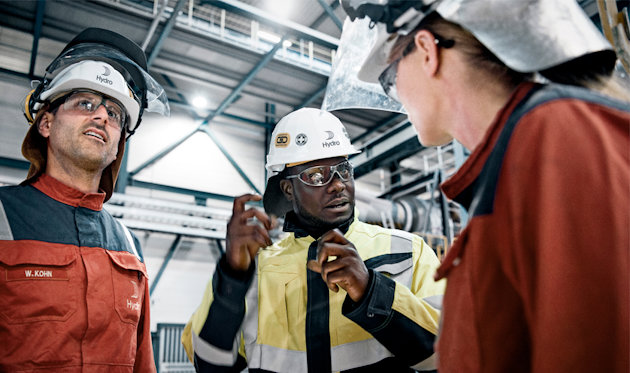
Exciting times
Jean-Marc says that these are indeed exciting times in both the design and construction industries. The circular economy, which was not long ago a little-known concept, has gained a foothold. In terms of policies, rules and requirements, and how we further ahead, both create and use resources.
“The circular economy has become a tangible concept, and is being used daily across sectors and industries. This means that you can no longer ‘green wash’ with nice words. Sustainability is gaining more substance and power.”
Jean-Marc sees a clear change in Europe. Especially in the UK, France and Germany, but also in the Nordic countries. Just some examples: the UK recently passed laws to end its contribution to global warming by 2050. France will launch a new building regulation, RE2020, in 2021 that will require the disclosure and benchmarking of the carbon footprint of new buildings, including in the construction phase. Denmark, Finland, Luxembourg, The Netherlands have issued Circular Economy frameworks to stimulate stakeholders and entrepreneurs to embrace that journey. And that's only a glimpse of those overarching initiatives.
“We are well on our way, but in order to create robust, sustainable and forward-looking societies, collaboration must become the new normal. It is the only logical solution for facing the future,” Jean-Marc says.
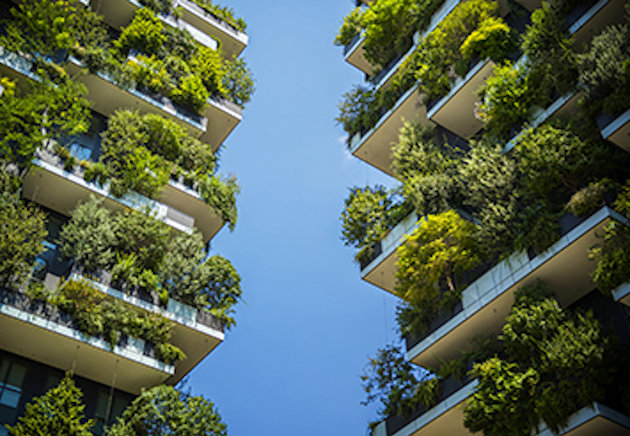 A sustainable building industry A sustainable building industry |
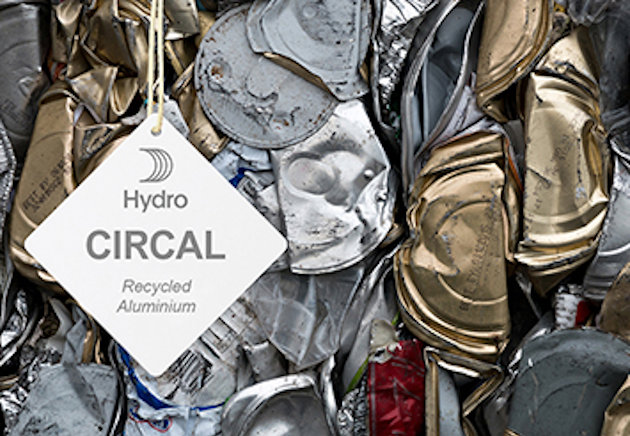 Hydro recycled aluminium Hydro recycled aluminium |
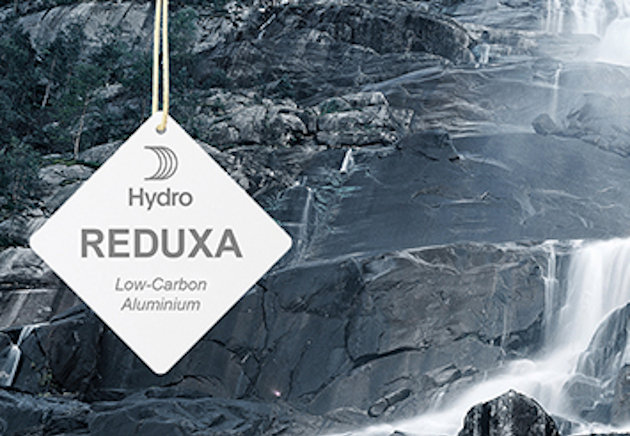 Hydro low carbon aluminium Hydro low carbon aluminium |
